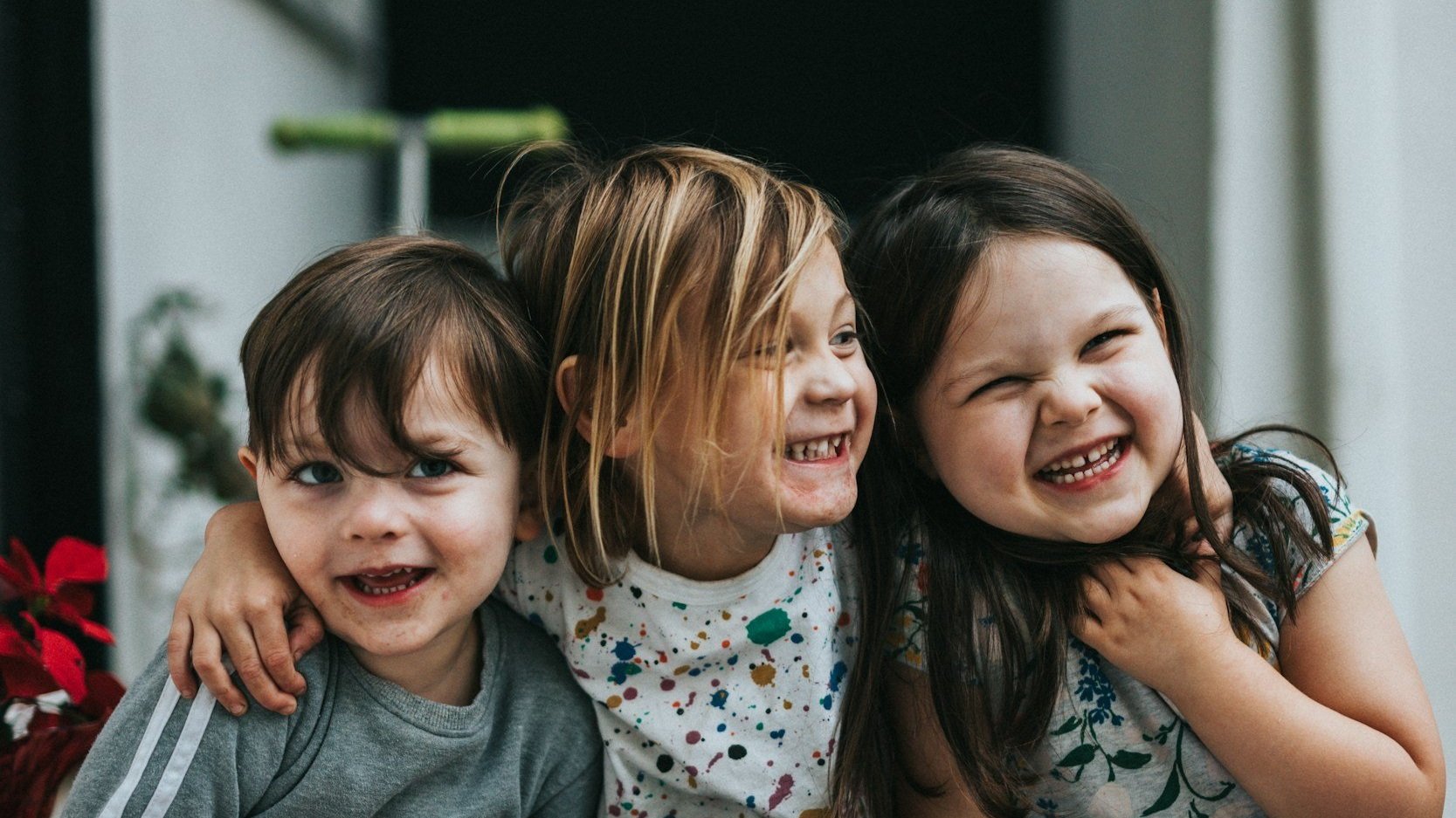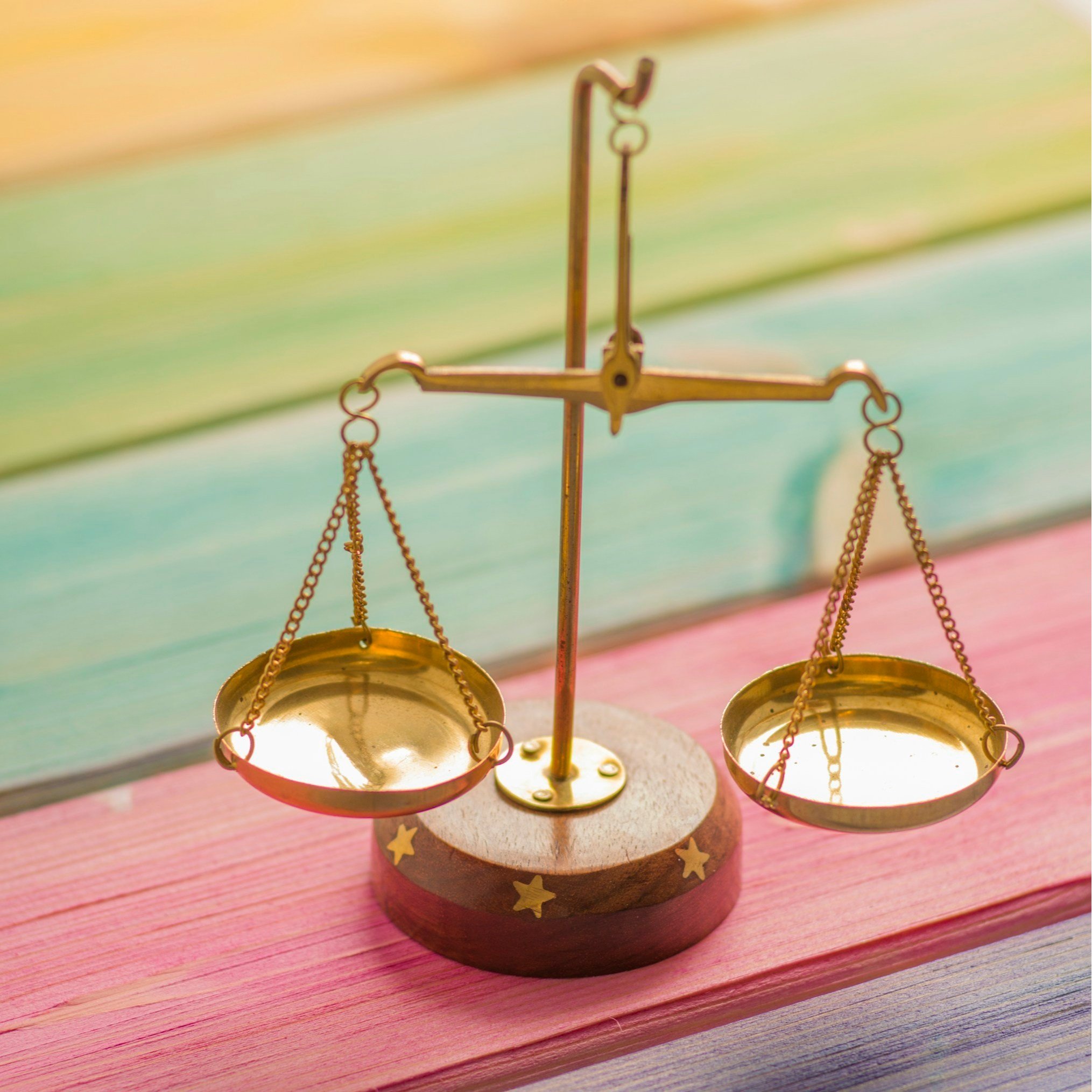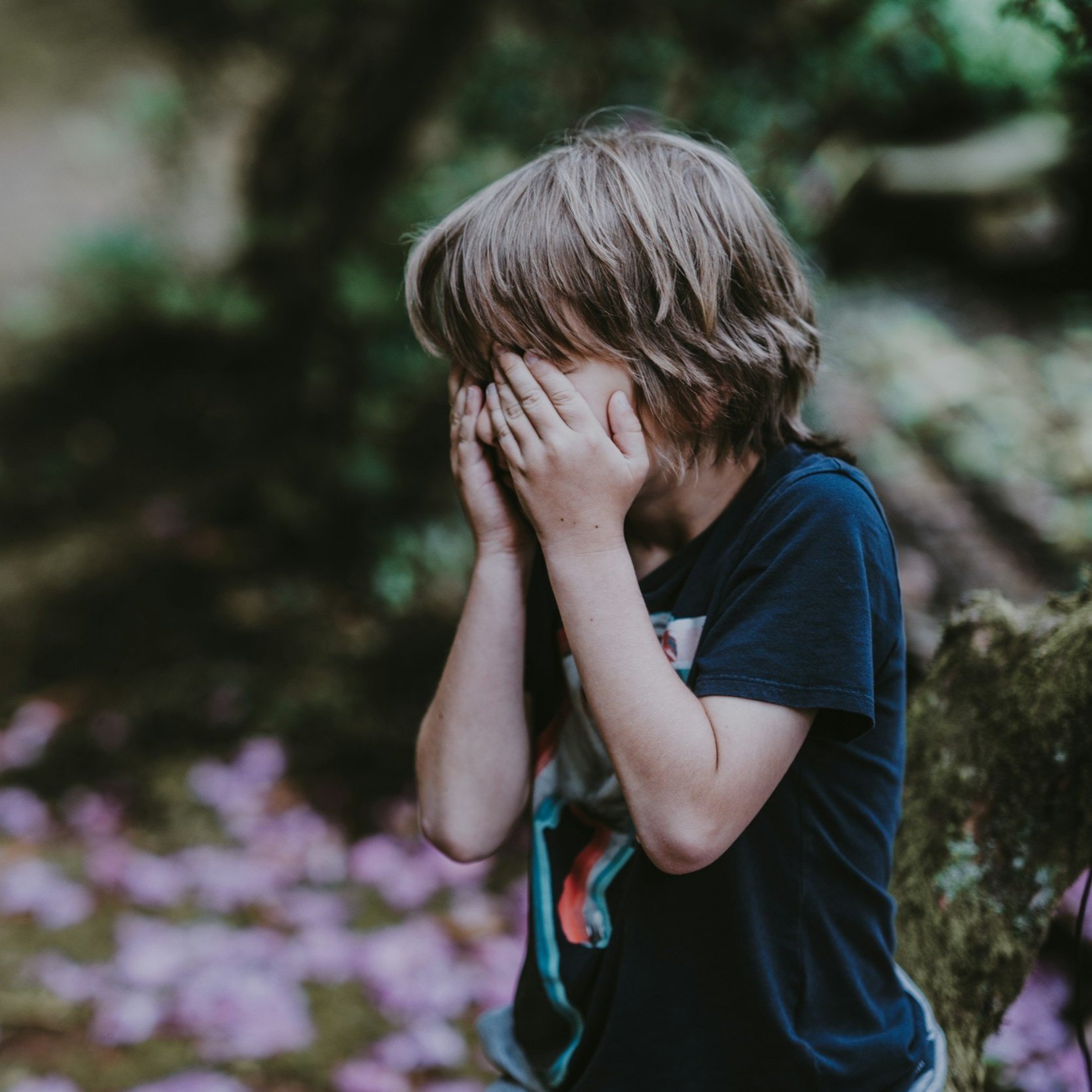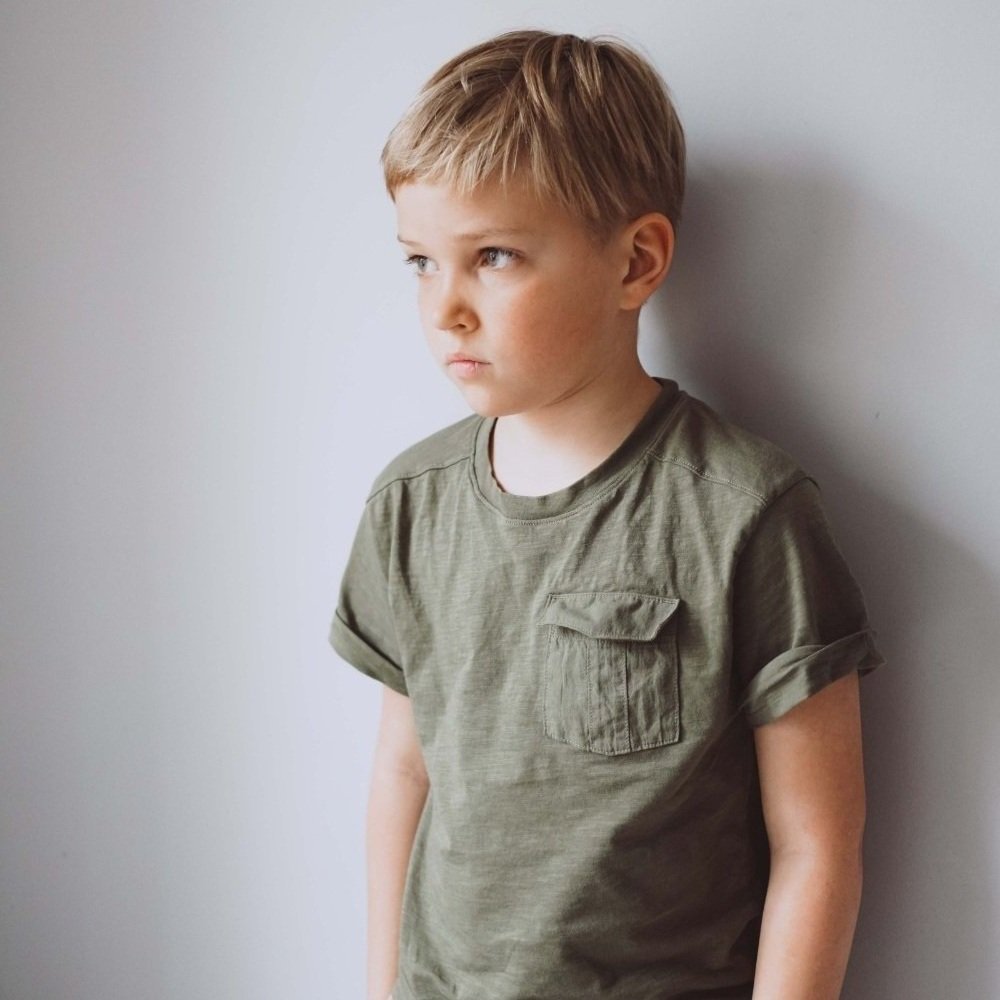
Pediatric Mental Health Blog
© 2025 COPYRIGHT NOTICE: All original resources, content, and materials produced and displayed on this website are the intellectual property of Child Therapy Guide. These resources are protected by copyright laws and are intended for personal, non-commercial use. Unauthorized reproduction, distribution, or any other unauthorized use of the content without explicit permission from Child Therapy Guide is strictly prohibited. Users are encouraged to enjoy and utilize the resources responsibly, respecting the copyright and intellectual property rights associated with the content. For any inquiries or requests regarding the use of our materials, please contact us through our contact form.

How To: House Rules
By identifying house rules in terms of “dos” and “don’ts,” kids (and adults!) can benefit from clear boundaries and expectations. Read on to access our free printable PDF to outline household “dos” and “don’ts,” and use this tool to promote respect, cooperation, and accountability at home.

How To: Behavior Charts
By visually tracking progress on a sticker chart, we can help kids increase motivation, develop self-discipline, and reinforce positive habits. Read on to learn best practices for behavior charts!

Draw Your Day
This free printable art therapy activity highlights two main skills: routine conceptualization and emotional exploration. By preparing for and embracing the natural ebbs and flows of a day, kids can improve their adaptive functioning and lead more balanced lives.

Emotion Scales
An emotion scale is a therapeutic tool used to help individuals identify, communicate, and track their emotions. Learn more and print our FREE PDF emotion scales!

Feeling & Behavior Patterns
A feeling or behavior pattern develops when a person has a reoccurring emotional and/or behavioral reaction to a cue. These patterns can be adaptive or maladaptive. Read on to learn how to interrupt maladaptive patterns and print our free PDF guide with talking points for kids!

How to Manage Jealousy
By encouraging open conversations about why jealousy happens, we can help children develop empathy for themselves and others. Practicing gratitude, focusing on personal strengths, and learning to celebrate the successes of others can turn jealousy into an opportunity for growth.
Read on for a free printable worksheet about jealousy!
